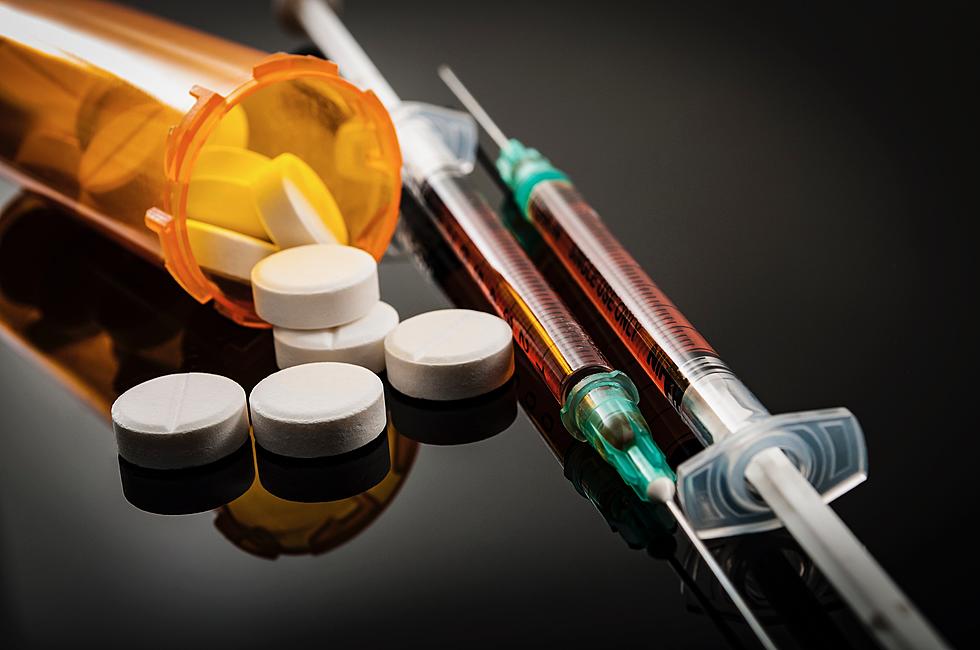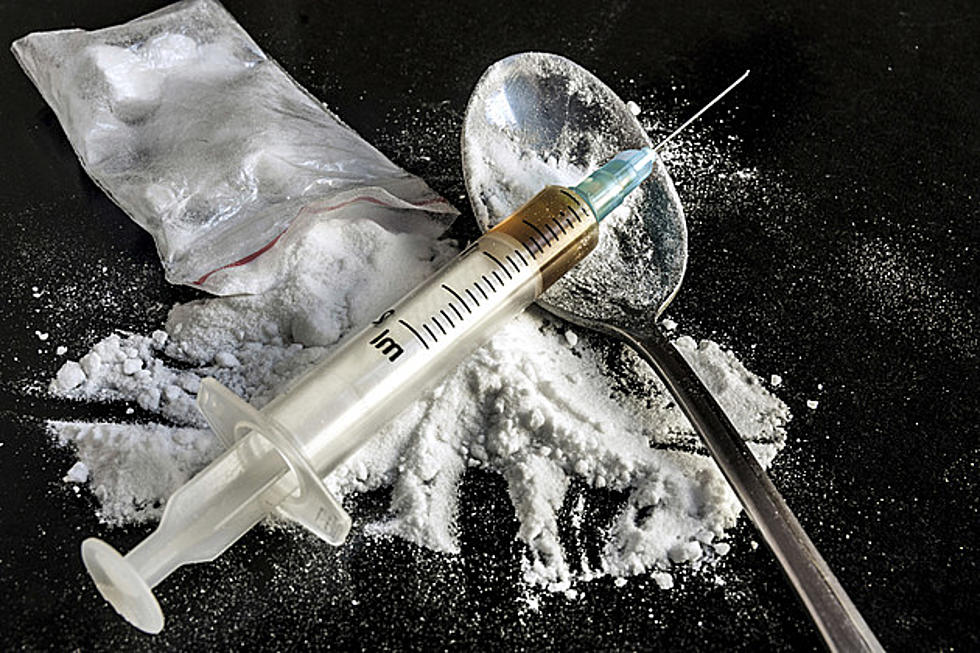
31 medical field sanctions for opiate offenses in 2016 unprecedented, says NJ AG
Calling it a "record pace," New Jersey Attorney General Christopher S. Porrino recaps license revocations, suspensions and disciplinary actions against 31 doctors and medical-field workers connected to opiate over-prescriptions in 2016.
The sanctions have been part of a relentless drive to curb narcotic and painkiller addictions, targeting physicians who prescribe controlled dangerous substances (CDS) indiscriminately. Porrino calls the offices of problem prescribers "ground zero," claiming that four of every five heroin abusers began with prescription drugs.
"Physicians who grant easy access to the drugs that are turning New Jersey residents into addicts can be every bit as dangerous as street-corner dealers," Porrino said in prepared comments. "Purging the medical community of over-prescribers is as important to our cause as busting heroin rings and locking up drug kingpins."
New Jersey Department of Consumer Affairs (DCA) Director Stee Lee added that the investigations and recriminations will continue, unabated.
"We will not allow anyone, least of all members of the medical profession who have pledged to 'do no harm,' to work against us as we struggle to stem the deadly tide of addiction," Lee said.
There was one shore doctor cited among the eight whose licenses were revoked: Dr. Kenneth Lewandowski, who operated a pain-management clinic in Red Bank.
It occurred in April following his guilty plea to a role in a prescription drug ring while under suspension. The Board of Medical Examiners suspended his license in April 2015, following three DWI arrests in less than two months, authorities said.
Dr. Mohamed Kawam Jabakji of Prospect Park was stripped of his license in April, charged with prescribing Oxycodone, Percocet, Codeine and other narcotics without justification to at least six patients. Investigators said that Jabakji failed to screen patients, despite indications of doctor-shopping and requests for early refills.
The licenses of six other physicians were revoked, five underwent long-term suspensions, and one voluntarily retired, Porrino said.
Seventeen more doctors underwent temporary license suspensions and restrictions in practice and prescribing privileges, while awaiting court actions.
Porrino highlighted Ridgewood psychiatrist James Cowan, Jr., who allegedly signed prescription blanks while confined to a hospital, and later a nursing home, allowing his wife to prescribe Xanax, Addreall and other drugs. Investigators also accused Cowan of inaccurated record maintenance.
Dr. Vivienne Matalon, a general practitioner in Cherry Hill and Camden, underwent temporary suspension for allegedly ignoring the risks of the Fentanyl-based Subsys oral-spray pain killer in prescribing it for to three patients, one of whom died.
Subsys is intended for cancer pain relief. Prescriptions are guided by federal regulations. DCA, in 2016, disciplined three doctors in all after opening a probe into distribution of the drug beyond its intended scope.
Sanctions wre doled out for a physician's assistant, chiropractor, pharmacist, pharmacy technician, social worker and hearing-aid vendor. A printing company lost its authority to create prescription blanks, for allegedly issuing 25,000 of them to unauthorized recipients.
Among the other tools employed by state investigators and DCA officials are: the new five-day limit on initial opioid prescriptions, down from 30 days; expansion of Project Medicine Drop to 215 spots in the Garden State, where unused or expired drugs can be deposited; an emergency ban on seven illegal, counterfeit versions of Fentanyl, some of which have been traced to clandestine labs in China, Germany, Mexico and Japan; and expansion of the New Jersey Prescrption Monitoring Program (NJPMP), which can expose doctor-shopping habits and shares data with officials in New York, Delaware, Connecticut, Virginia, South Carolina, Rhode Island, and Minnesota.
Charges are accusations. Defendants are presumed innocent unless, and until, found guilty in a court of law.
More From Beach Radio









